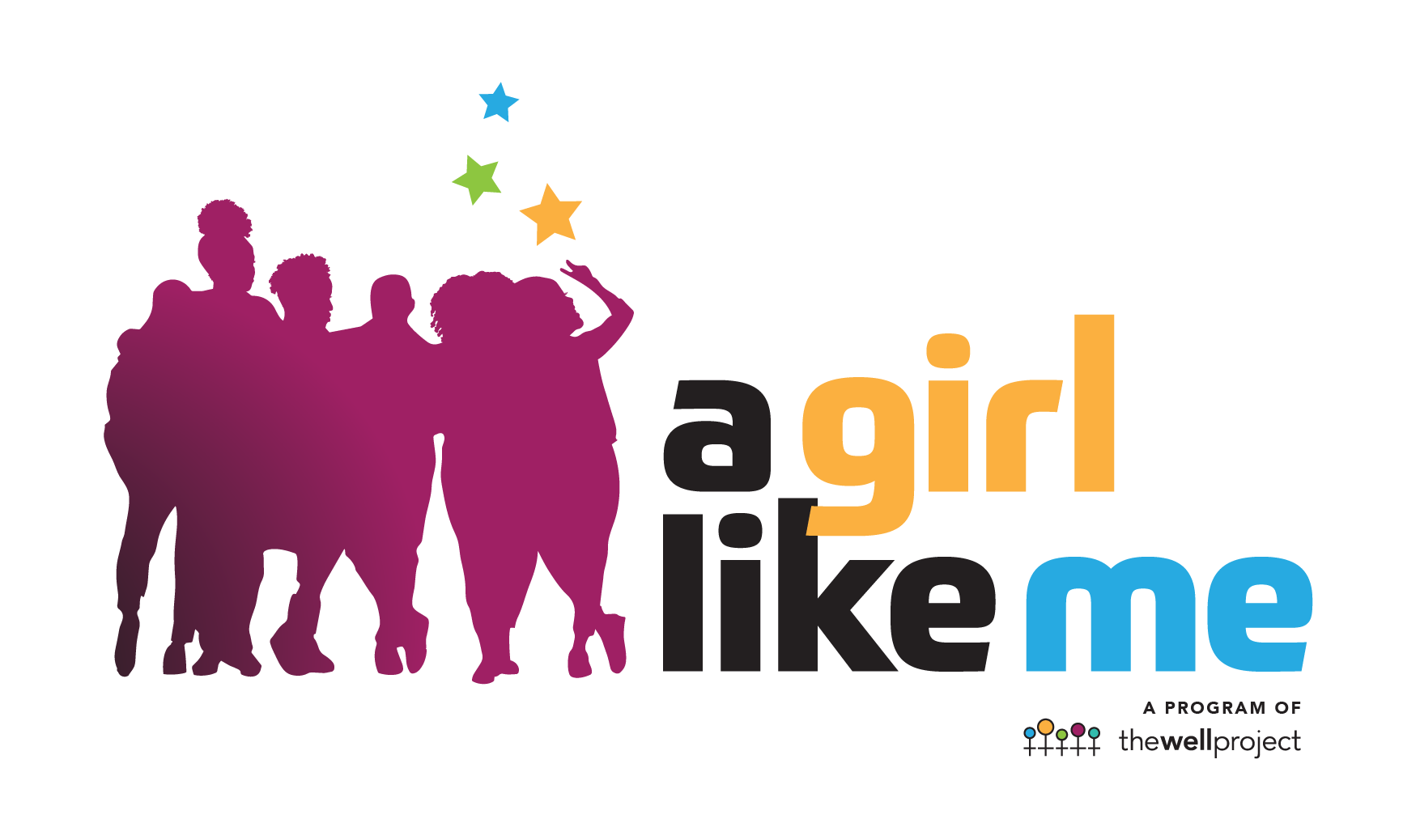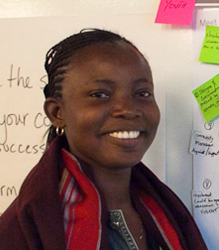I think the last couple of blogs I wrote I started with, "it has been a while since I have written", and I could start this blog the same way. I have been overloaded, overwhelmed, and overstressed. I am now a 2nd year doctoral student, and at times it has taken its toll on my health. Today is one of those times. My doctor has ordered me to stay in bed for the next couple of days and rest. With only 4 more weeks left in the semester I don’t have time to relax, I have too much to do. There are papers to write, presentations to finish, and data to analysis. But I guess all that will have to wait until I feel better. I recently went to the American Public Health Association (APHA) Annual Meeting and Exposition in Boston. I co-authored an oral presentation as part of the HIV/AIDS section. It was an incredible experience; however, it looks like I brought an extra gift home with me. I have been coughing, sneezing, and miserable since my return. I sometimes forget how low my immune system is and how I have to be extra careful with my health. Living with HIV for as long as I have, I tend to forget my limitations; setting and keeping health boundaries for me can be challenging. I want to be able to do it all. As a 2nd year doctoral student you are expected to take classes, work on research projects, do presentations, and complete various other responsibilities. At times, I am extremely tired I don’t know how I keep going. I have suffered some health consequences over the past two years because of my stubbornness and am often reminded I do not have a normal immune system and it is necessary for me to take better care of myself. Of course, that is easier said than done. While posting my woes on Facebook someone gave me a little nudge about writing a blog, so here we are. Writing a blog is not near as stressful as other things I might choose to do while in bed. Writing this is actually a welcomed break. I will keep this short because I do not feel so well and will probably be napping soon. However, I do want to share a short article I wrote in reference to the conference I attended. Even we, in the HIV community, are guilty of using terminology that further stigmatizes people living with HIV. I hope you enjoy the article. The Terminology We Use – Putting People First Over the past 30 years, we have witnessed advances in the prevention and management of HIV. HIV is now considered a chronic manageable condition and people living with HIV who receive ongoing medical care can experience similar rates in life expectancy compared to people living without the illness. Nonetheless, what has not entirely changed is the terminology we, as researchers, use to describe this population. As a doctoral student interested in conducting research with the HIV community, I had the opportunity to attend the 141st American Public Health Annual Meeting and Exposition. I explored the program guide and found numerous presentations that addressed different aspects of HIV. However, I was surprised to see how many presenters were still using terminology that further stigmatizes people living with HIV. As I read the abstracts, listened to presentations, and viewed posters, I saw and heard the terms "HIV infected people", "HIV infected men/women", and "HIV infected drug users". We do not use terms such as "cancer infected people" or "influenza infected people", so why do we put the disease before the person when it comes to HIV? I even overheard someone say "Full Blown AIDS; " this label does not exist and should never be used. I anticipate incorrect terminology used by media; however, I do not expect them to be used by educated researchers. We all play a critical role in translating research to practice in a culturally sensitive and respectful manner. As teachers, we have a responsibility to educate students about the appropriate use of language. As researchers, we have a responsibility to conduct and disseminate our work without contributing to the stigma. As practitioners, we have the responsibility to provide care by seeing people as a whole. Together, as public health professionals, we must use appropriate terms that do not contribute to HIV-related stigma (see Table 1). The terminology we use is greatly noticed by others: it should always respect the "person". Table 1. Appropriate HIV-related Terminology
|
Do NOT use these terms |
Use these terms |
|
HIV infected person / AIDS patient |
People living with HIV, people living with AIDS, women or men living with HIV, |
|
High risk group |
Affected communities, high risk behavior(s) |
|
Innocent victim |
People with medically acquired HIV, children living with HIV |
|
Bodily fluids |
Specify which fluids can transmit HIV (e.g., blood; semen; vaginal secretions; breast milk) vs. fluids that cannot transmit HIV (e.g., tears; sweat; saliva; urine) |























Thank you Tiffany